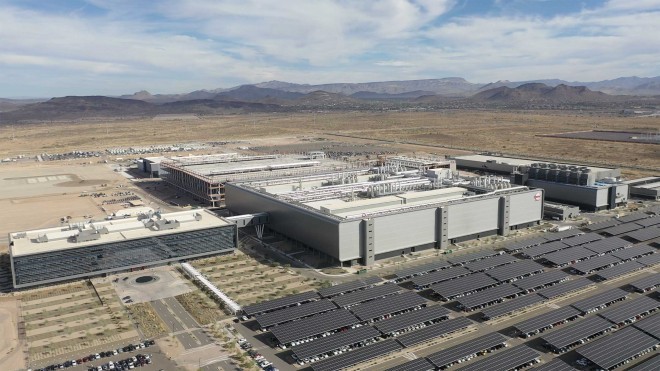
Apple's plans to introduce cutting-edge 2-nanometer chips in the iPhone 17 Pro series face a potential one-year delay until 2026, according to reports from South Korea. The delay stems from manufacturing challenges faced by Taiwan Semiconductor Manufacturing Company (TSMC), Apple's exclusive chip supplier.
TSMC is currently grappling with production efficiency issues, with only 60% of manufactured 2nm wafers meeting quality standards. This means 40% of each wafer, costing approximately $30,000, becomes unusable. The company's current monthly losses from these manufacturing imperfections amount to roughly $120 million.
The Taiwanese manufacturer currently produces 10,000 wafers monthly and aims to increase production to 80,000 wafers by 2026. A new facility in Arizona is expected to help boost total production capacity to 140,000 wafers.
In response to these challenges, Apple is likely to continue using 3nm chips for an additional year, allowing TSMC time to improve its manufacturing yield and optimize costs. This decision reflects the complex reality of advancing semiconductor technology while maintaining practical production capabilities.
The situation has broader implications for the semiconductor industry. Other major tech companies like Nvidia and Qualcomm, who also rely on TSMC, are reportedly in discussions with Samsung Electronics about potential manufacturing partnerships. However, Samsung faces its own hurdles in 2nm chip development, with both yield and performance currently lagging behind TSMC's capabilities.
The delay highlights the increasing complexity and challenges in pushing the boundaries of semiconductor manufacturing, as companies strive to create smaller, more efficient chips for next-generation devices.